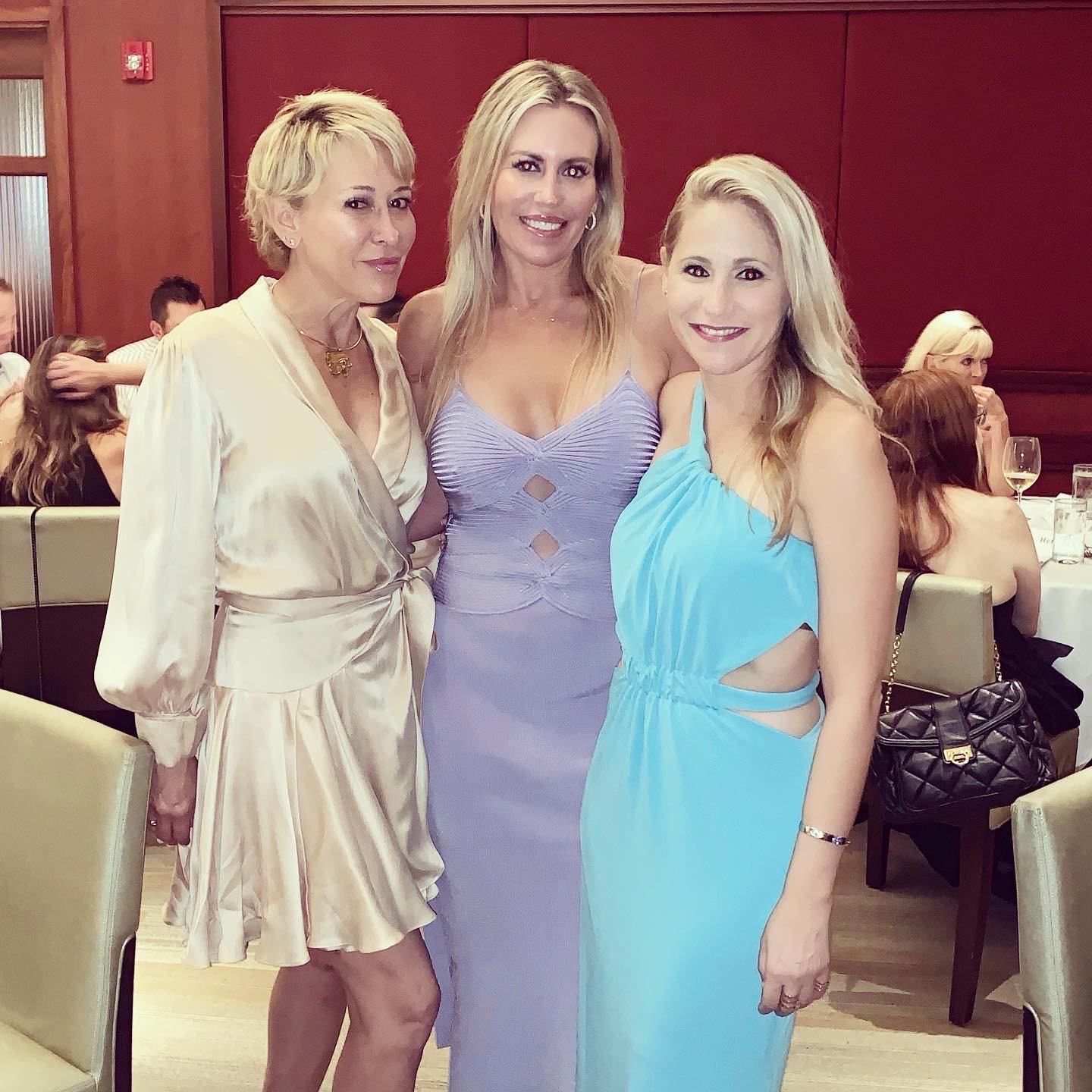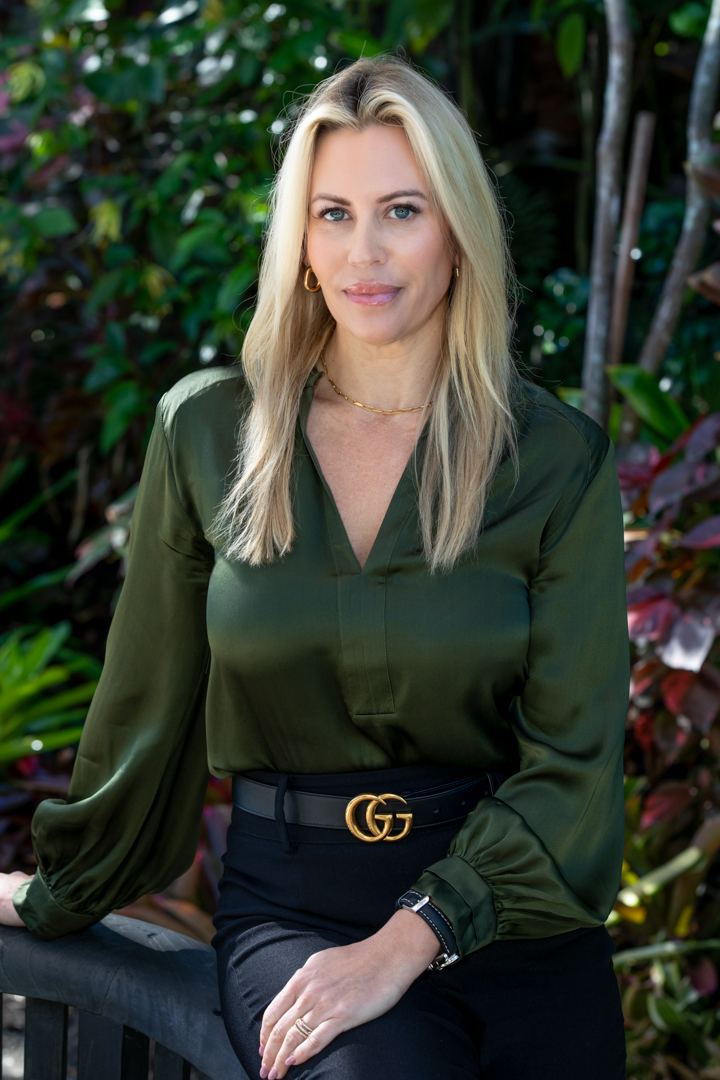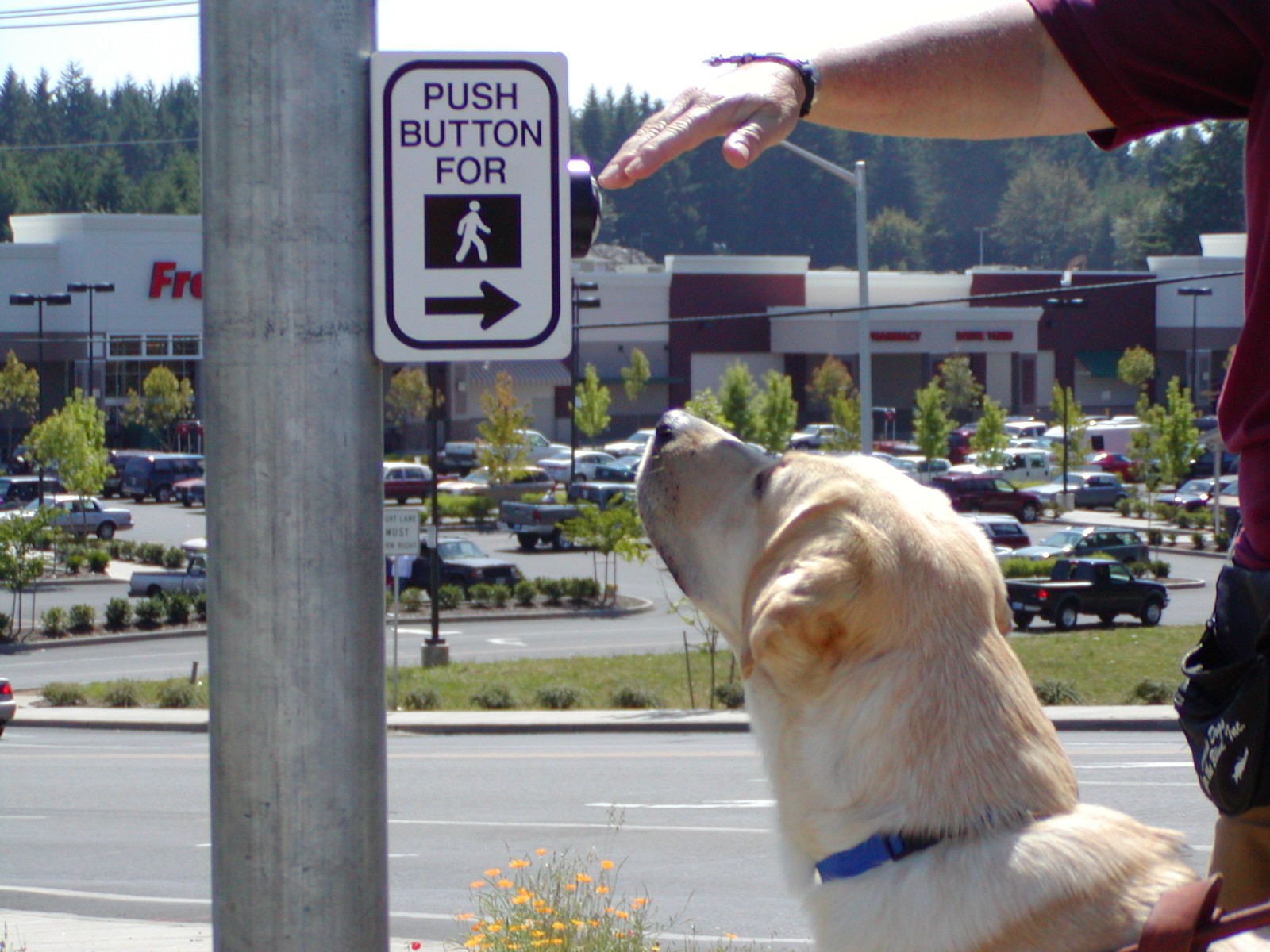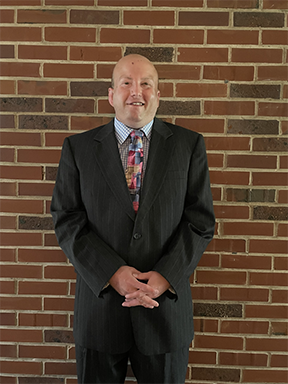Focus on AFB: Winter 2022
AFB Makes Fundraising Fun
The Helen Keller Dining With Friends program is off to a great start – and it’s an entertaining way to support our mission.
Who doesn’t love getting together with friends and family, whether it’s at a restaurant, a park, or someone’s home? With people gathering more often now, earlier this year AFB launched a new fundraising initiative called Helen Keller Dining With Friends.
The model is simple: Hosts agree to gather people they know for a dinner to raise at least $10,000 for AFB. The dinner can be fancy or simple – a catered meal, a potluck dinner, or even ordering pizza. It’s entirely up to the host.
“Supporters have hosted a number of these so far, and they’ve all been different,” says Melody Goodspeed, associate director of development. “One had a food truck and a mariachi band and celebrated a birthday at the same time. What’s great about it is that it doesn’t have to be a dressy event, although it can be. It can be very casual. The point is that bringing people together in a more intimate setting can really spark conversations about AFB’s work – and help raise money in the process.” (See DONOR CORNER)
Hosts can pledge the $10,000 themselves, or pledge $5,000 and ask their friends to match it. They can also simply ask their guests to make a suggested donation amount based on their own comfort level. Events can be held at any time of year – although one person chose to host it on June 27, Helen Keller’s birthday. AFB simply asks that funds raised be submitted by June 30, the end of AFB’s fiscal year.
AFB has put together a kit for hosts to help them start planning their event. The kit includes ideas for hosts as they share a glimpse into AFB and our mission to create a world of no limits with their guests, as well as cards with a list of questions that guests can answer to place in the AFB second-century time capsule, which is being sealed in 2024. There’s also a recipe for a blue signature cocktail in the kits.
But hosts are only limited by their own imagination, and are encouraged to add unique elements of their own. One host put together an educational trivia game about AFB’s mission and Helen Keller, using information from AFB’s fully accessible Digital Helen Keller Archive. Another raffled off baskets with wine bottles bearing stickers featuring photos of Helen Keller, while yet another host created a sensory experience with herbs and essential oils to highlight the senses other than sight.
“I’ve gotten some great feedback about how people really enjoyed the intimate atmosphere,” Goodspeed says. “Games and other activities are a fun, relaxed way to spark conversations about the importance of systems change, the need for greater accessibility and advocacy, and the importance of education – much like what Helen Keller did during her own lifetime.”
Whenever possible, AFB will send a member of our team to the event who can talk about AFB’s programs. Whoever attends might also be able to share their own experience as someone who is blind or has low vision.
“Although this is a great fundraising opportunity for AFB, it’s about getting together with people you care about for a great cause,” Goodspeed says. “It’s a way to bring like-minded people together and spread the word about something you’re passionate about, just by doing the kinds of things you like to do with friends.”
For more information about hosting a Helen Keller Dining With Friends event, contact Melody Goodspeed at (212) 502-7614 or email.
DONOR CORNER
Victoria Watts raised awareness – and $25,000 – through a Dining With Friends event.
Victoria Watts is a woman on a mission. When her youngest son, Cyrus, was born blind, she admits it was terrifying, because she knows how society treats people with disabilities. But she and her husband, Josh Rudnick, quickly went on to learn as much as they could about Cyrus’ condition and blindness in general.
First, this inspired Watts to create the CyR.U.S. (tm) System of Raised Universal Symbols – a system of tactile symbols and raised QR codes, universally designed to make product packaging accessible for people who are blind or have low vision. She launched CyR.U.S as a proof of concept on her beauty line, Victorialand Beauty, with plans to expand the system across all consumer packaged goods categories.
But Watts didn’t stop there. When AFB launched our Helen Keller Dining With Friends fundraising initiative in early 2022, she agreed to serve as chair.
“I was extremely honored to be asked because I’m a huge supporter of AFB,” Watts says. “But it was also a chance to educate people on what AFB does and the needs of the community of people who are blind or have low vision.”
She and her husband chose to host their Helen Keller Dining With Friends event at a restaurant, so they could invite as many friends and colleagues as possible. Everyone invited knows Cyrus – who is now six years old and, according to Watts, has “captured the hearts of everyone he meets.”
Between 35 and 40 people attended the dinner in June. In addition to dinner and drinks, Watts included special touches. For example, guests had the chance to contribute their thoughts to the time capsule AFB is burying in 2024, to mirror the time capsule created by Helen Keller in the 1920s, which AFB opened in 2021.
Watts placed cards from AFB on each table with questions such as, “What is the price of gas?” and “What’s one thing you learned about blindness tonight that you didn’t know?”
Education was central to Watts’ event. One aspect of that was inviting Amir Rahimi, corporate partnership lead on our Resource Development team, to attend the dinner.
“Amir is so personable and a testament to what someone who is blind can do,” Watts says. “Here’s this successful adult who lost his vision in an accident, which really put into perspective for our guests that it can happen to anyone at any time.”
Watts also shared her learning journey after Cyrus’ diagnosis. In addition, she let people know about the work AFB does to break down the many barriers faced by people who are blind or have low vision – prompting them to donate a total of $25,000, well above the Dining With Friends goal of $10,000 per event.
“They wanted to support us,” Watts says. “But more important, they wanted to support Cyrus, because they want to build a better future for him and help AFB create a world of no limits.”
Research Roundup
A look at the latest from AFB’s Public Policy and Research Institute.
Guide Dogs for the Blind
Guide Dogs for the Blind (GDB) reached out to AFB in 2020 to partner on an inaugural research study to assist with their strategic planning process. GDB wanted to understand the landscape of guide dog use in the U.S. and Canada.
This fall, AFB provided internal findings to GDB as well as releasing a public report called The Role of Guide Dogs in 2022 and Beyond: Findings from a GDB-AFB Research Partnership.
AFB started the research with a survey of adults who are blind or have low vision, half of which use guide dogs, exploring both demographics and the various tools people use for travel.
“A lot of people use more than one tool,” says Arielle Silverman, Ph.D., AFB’s director of research. “Some guide dog users also use a cane at times, and some people – whether they use a guide dog or not – will use a smartphone for travel. And some people use human guides, either with a guide dog or a cane.”
AFB also interviewed GDB clients to understand what their specific experiences have been like. That information informed the report delivered to GDB, while additional research was included in AFB’s public report.
AFB’s report compiles the survey data and interviews with GDB clients and staff. It also incorporates input from focus groups with young adults who have their first guide dog, older adults who have had multiple guide dogs, people with additional disabilities, adults who identify as people of color, people who had one guide dog but did not come back for another, and people who have never used a guide dog. AFB also conducted interviews with Orientation & Mobility (O&M) instructors.
In general, the findings show that guide dogs are an important travel tool for some people who are blind or have low vision. There are many factors that impact someone’s choice or ability to use a guide dog, such as the recent increase in telework and ride-share usage. The findings will be used to provide recommendations to guide dog schools, O&M instructors, and policymakers.
Photo credit: Guide Dogs for the Blind
Digital Inclusion Project
A number of recent AFB studies have revealed a common trend: digital accessibility issues. This fall, AFB launched a new research project to gain a comprehensive view of digital inaccessibility. AFB will be starting this research with a survey examining the experiences of Americans who are blind or have low vision using websites, mobile apps, and telecommunications devices to complete a variety of tasks.
“This survey will give us a broad view of the ways people who are blind or have low vision use websites and apps, the accessibility challenges they face, and the impact of those challenges,” Silverman says. “The findings will give us a comprehensive picture of how digital accessibility experiences and barriers impact blind and low-vision individuals in their daily lives.”
Daniel Hawkins: What Does the World Look Like to You?
We continue our series asking people who are blind or have low vision to share their employment journeys.
Daniel Hawkins is currently an apprentice in the AFB Talent Lab, learning how to conduct accessibility testing for digital media like websites and mobile apps. Daniel has worked in adaptive technology for eight years at an independent living center, helping other people who are blind learn how to use their computers or cell phones. Daniel has conducted weekly peer group meetings and helped others learn valuable independence skills to adjust to their vision loss. Daniel is deafblind and uses American Sign Language frequently. He enjoys inventing things and riding his custom bike with his wife.
Q: When did you first experience vision loss?
A: It began when I was three years old and eventually, I lost the vision in both eyes – one of which had to be removed because of high eye pressure – due to retinal detachment. I’ve been completely blind for 10 years.
Q: What surprises people about your life?
A: People always assume if they cannot do it, no one can do it. So the thought of being blind is just impossible. How can you stand, how can you even move? So people are amazed that with just a bit of imagination and assistance, I can do anything. I love when my friends say, “Yeah, he is blind, but he does it better than I do.” The win is when you yourself can do things when you think it’s impossible. If you want something, you will work out how to do it or get it.
Q: Have you ever been in a situation where people tried to put limits on your aspirations because of your vision loss? How did you have to advocate for yourself?
A: One time I was left at the curb by a paratransit bus system. When I called to resolve the issue, they told me the bus driver said he was 200 feet down the street and tried to shout directions for how to get to the bus. When I said I was unable to see or hear the bus and it is unsafe to follow shouted directions on a noisy street, the person told me that if I am unable to find the bus I need an assistant to ride with me at all times. I explained that with just a little assistance I can ride the bus by myself. There are people who think they know what is best for you without knowing a thing. So I must always advocate for myself.
Q: What do you wish more people understood about what it means to be blind or have low vision?
A: If a person is blind, they can still do anything they want. All a blind person needs is assistance in visual interpretation. Describe to me what is around me. From there I can find anything. The more visual feedback a person who is blind gets, the more independent they will be.
Q: What would true inclusion look like to you?
A: Education. I do not assume that everyone should know what is best for a blind person. The more we train others on different areas of disabilities, the more they are willing to accept how to best help them. A level of compassion to help others will go a long way.
AFB NEWS
‘Tis the Season of Giving
There’s still time to make a tax-deductible donation to AFB for 2022. As grateful as we are to the corporations and others that provide large contributions to our work, the bulk of our support still comes from individual donors like you, who help us implement programs that make the world more inclusive for people who are blind or have low vision. You can make a one-time donation, a recurring donation – which helps even more – or make a donation in someone’s honor, which would make a great gift! Make your donation online today. And learn about all the ways you can support our work. Thank you!
AFB Offers Free Digital Inclusion Toolkits
AFB’s new Digital Inclusion Toolkits are a set of free resources to create, encourage, and advocate for more digitally inclusive classrooms. Designed for school administrators, teachers, families, and students who are blind or have low vision, the toolkits include planning tools for educators and administrators, information and resources for families and students with visual impairments designed to help them connect with others, advocacy tips, plus lists of support organizations, hotlines, and other helpful resources.
The toolkits were created following the findings of AFB’s third Access and Engagement research report, which revealed continued systemic inaccessibility issues impacting the education of students who are blind or have low vision.
Check Out Our 2022 Annual Report
You may have already received a copy by mail, but if not you can find the 2022 annual report online. Learn even more about what AFB accomplished over the past year!



